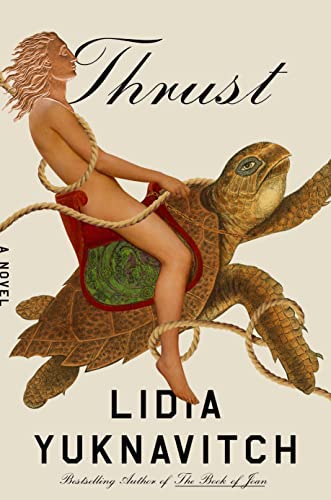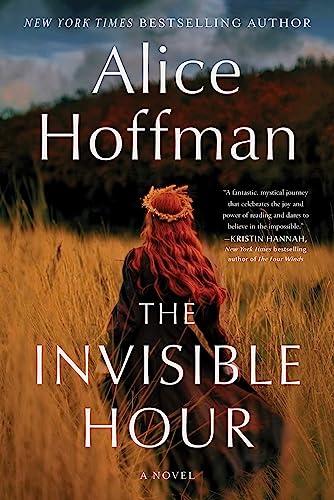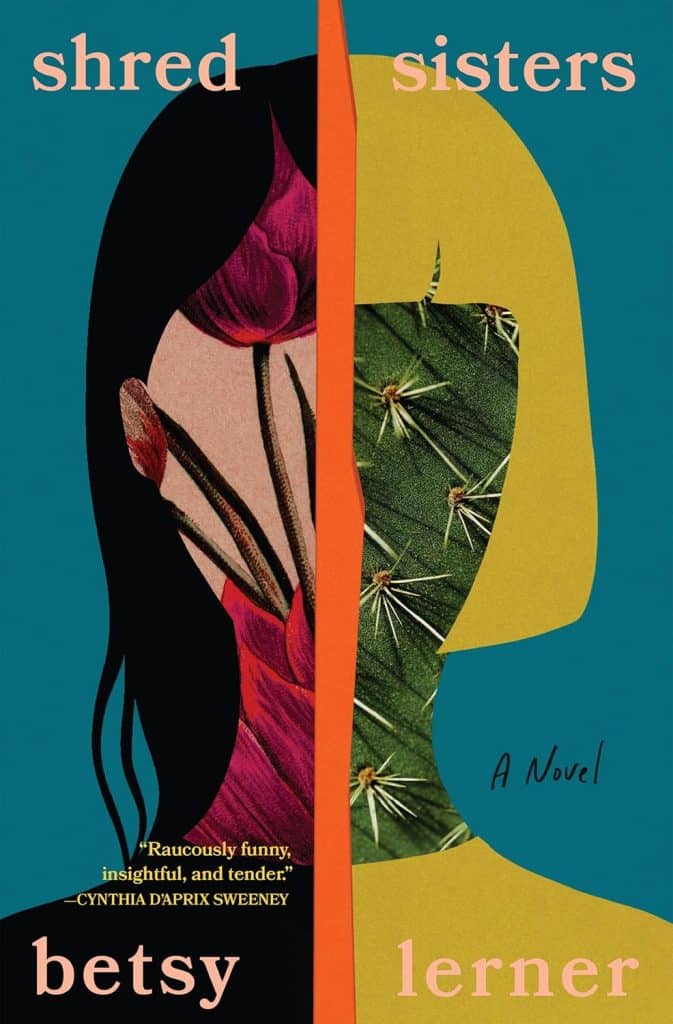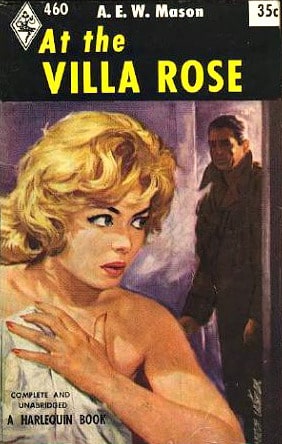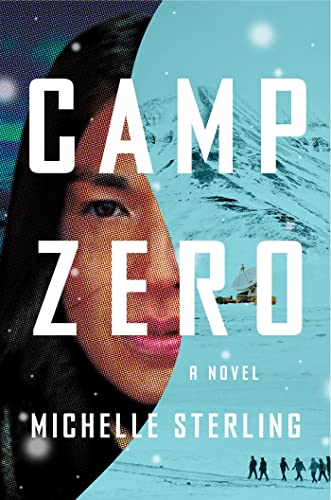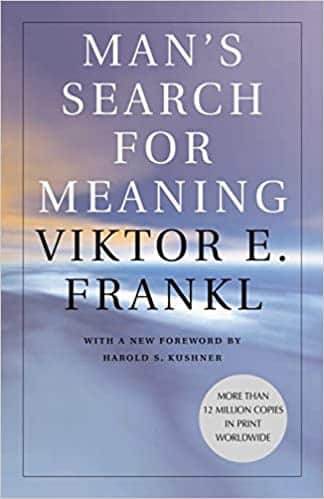
Man’s Search for Meaning
Estimated reading time: 2 minutes, 45 secondsI remember reading portions of Man’s Search for Meaning by Viktor E. Frankl at different times, but I never finished the book. However, recently, eight and a half months after the passing of Jan, the book came up for discussion in one of my groups. Frankl’s theory of logotherapy, which derives from the Greek word for “meaning,” centers around the idea that the primary human drive is not pleasure, as Freud believed, but rather the search for what gives life meaning. I now have a framework for my life without Jan.
For those like me who are widows, Frankl understands suffering,
In some ways, suffering ceases to be suffering at the moment it finds a meaning, such as the meaning of a sacrifice.
Jan and I lived meaningful lives. My challenge now is to continue to find meaning in my life without Jan.
As Frankl writes,
Those who have a ‘why’ to live, can bear with almost any ‘how’.
The love Jan and I shared was one of my primary sources of meaning. In addition, I stopped working full-time at the end of 2018 and struggled to replace the purpose I had gained from repairing the world. After Jan died, I suffered the “provisional existence of an unknown limit.” Frankl experienced that when he was in the concentration camps.
I have replaced the loss of meaning and purpose with a series of activities:
- Planning to Celebrate Jan Day on her birthday this year;
- Writing my random thoughts on Jan, love, grief, life, and all things considered;
- Reading more than ever, including my Goodreads 2022 Reading Challange; and
- Walking more than I probably should.
I am also beginning to serve on the board of a few non-profits. It is time to transition from hands-on work to providing leadership differently.
Will this be enough to give my life meaning?
Ultimately, man should not ask what the meaning of his life is, but rather must recognize that it is he who is asked. In a word, each man is questioned by life; and he can only answer to life by answering for his own life; to life he can only respond by being responsible.
I must continue focusing on my search for meaning, as life will change over time.
My grief journey has taught me that love never dies,
For the first time in my life, I saw the truth as it is set into song by so many poets, proclaimed as the final wisdom by so many thinkers. The truth – that Love is the ultimate and highest goal to which man can aspire. Then I grasped the meaning of the greatest secret that human poetry and human thought and belief have to impart: The salvation of man is through love and in love.
My path forward is to keep Jan’s love alive and continue to share it with others.
I recommend this book without reservation.
The Jan Lilien Education Fund sponsors ongoing sustainability and environmental awareness programs. Gifts made this month; I will match dollar-for-dollar. All donations are tax-deductible.
I receive a commission when you buy a book or product using a link on this page. Thank you for supporting Sharing Jan’s Love.


